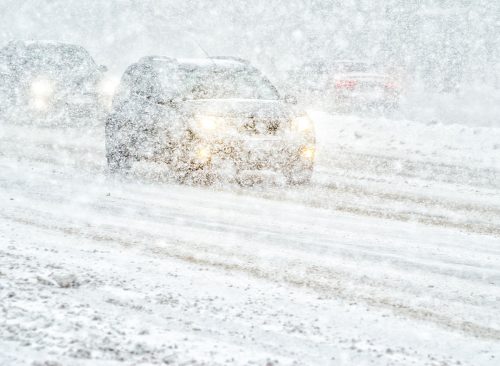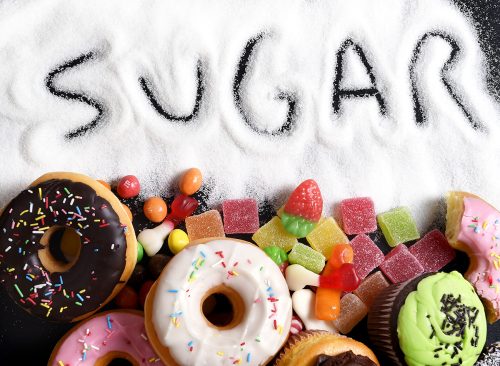8 Surprising Things That Increase Your Risk of a Heart Attack in the Winter
More heart attacks occur over the holiday season than any other, and this is why.

‘Tis the season…for heart attacks? While heart problems can occur any time of the year, more people suffer from cardiac events during the winter months, including stroke and heart attack, than in other seasons. Here are a few things that increase your chances of having a heart attack in the winter.

One small 2023 study of 34 healthy participants found that cold stress can spike a person’s blood pressure and increase other heart health risks. Researchers believe that blood pressure goes up due to total peripheral resistance (force used for blood circulation by the body’s vascular system) due to cutaneous vasoconstriction, which reduces the skin’s blood flow and temperature, with face cooling. But this isn’t just with extremely cold temperatures. Another study published in Circulation found that even in Los Angeles County, famous for its mild climate, a third more heart attack deaths occur in December and January than in June through September.

Exercise is part of the equation for a heart-healthy lifestyle. However, a sudden spike in physical activity – including shoveling snow – can take a toll on your heart, especially for otherwise sedentary people.

Everyone jokes about the holidays being stressful, but it’s actually quite serious. According to a study published in Circulation, the flagship journal of the American Heart Association, more cardiac deaths occur on December 25 than on any other day of the year. The second largest number of cardiac deaths? December 26. The third largest number occurs on January 1.

During the holiday season, many people feast on salty, fatty, high-cholesterol, and sugary foods. Which, combined with some of the other common unhealthy holiday habits listed below, can be a recipe for heart attack.

American Heart Association Chief Clinical Science Officer. Mitchell S.V. Elkind, M.D., M.S., FAHA., points out that many people get into the holiday spirit by enjoying spirits. “The holidays are a busy, often stressful, time for many of us. Routines are disrupted; we may tend to eat and drink more and exercise and relax less. We’re getting too little sleep and experiencing too much stress. We also may not be listening to our bodies or paying attention to warning signs, thinking a trip to the doctor can wait until after the new year,” Elkind says. “While we don’t know exactly why there are more deadly heart attacks during this time of year, it’s important to be aware that all of these factors can be snowballing contributors to increasing the risk for a deadly cardiac event,” he adds.

Many people “exercise and relax less,” which can also contribute to heart issues, Elkind says.

Another thing that might lead to heart attacks in the winter? “We’re getting too little sleep and experiencing too much stress,” says Elkind.

“We also may not be listening to our bodies or paying attention to warning signs, thinking a trip to the doctor can wait until after the new year,” Elkind adds. “While we don’t know exactly why there are more deadly heart attacks during this time of year, it’s important to be aware that all of these factors can be snowballing contributors to increasing the risk for a deadly cardiac event.”

To protect your heart health this season, don’t go overboard with unhealthy food and keep moving. The American Heart Association recommends at least 150 minutes of physical activity per week.
RELATED: 90% of People Who Die From COVID Have This in Common

Another tip from the American Heart Association is to keep stress to a minimum. “Plan for peace on earth and goodwill toward yourself: Make time to take care of yourself during the busy holiday. Reduce stress from family interactions, strained finances, hectic schedules, and other stressors prevalent this time of year, including traveling.”














